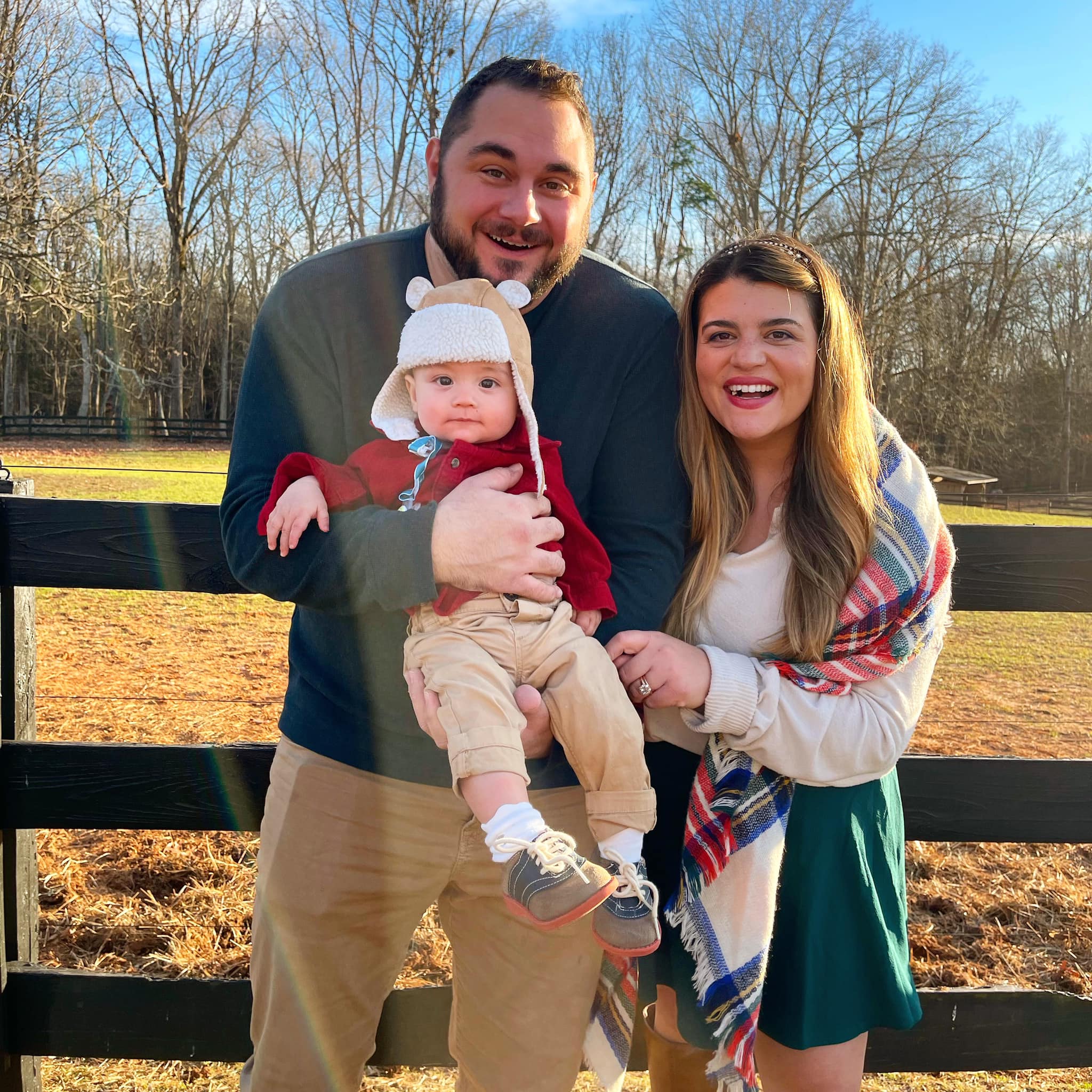Practical Disciples: Fasting
About Today’s Practice
What does fasting mean to you? I remember as a kid doing the 30 Hour Famines. If you aren’t sure what this is, it’s a huge church event (usually a youth group event) where teens from all over the world raise money and then fast for 30 hours to show their solidarity with people from around the world who do not have enough food (See their site here). These 30 Hour Famines are great but growing up, I was never taught the spiritual significance of fasting during this time. Fasting, whether just one meal or 30 hours, is both a physical and spiritual discipline with several benefits.
Before we get going, you’ll need these things.
- Bible.
- Journal.
- Perseverance. Fasting is tough!
READ
Let’s read Jesus’ quote of Deuteronomy 8:3
“Man shall not live on bread alone, but on every word that comes from the mouth of God.” -Matthew 4:4
WHY IS FASTING IMPORTANT?
Just like meditation, fasting is both a spiritual and physical discipline.
Spiritual Discipline
From the Hebrew Bible into the Early Church Fathers we see faithful disciples of God who fast to seek repentance, realignment, and reliance upon God. Fasting has the ability to shift our perspective and realign us with what God is wanting to accomplish. While it absolutely has the ability to catalyze miracles, there are those who proclaim that if you fast you’ll get a miracle. Fasting is not a coin you put in God’s vending machine to get a miracle. It is, however, a way to deepen and expedite your reliance on God alone and not on the things of this world. Our hearts become corrupted and we allow other idols to rule on the throne of our hearts. Fasting, done right, kicks those idols off and allows God to reign unchallenged there. For a better understanding into this, I highly recommend Tozer’s “The Pursuit of God” chapter 2 – “The Blessedness of possessing nothing.”
Physical Discipline
Fasting also has scientific and physical benefits to it as well (1). It doesn’t take much more than a google search to find the benefits to fasting and intermittent fasting. But to save you the time, some of the benefits to fasting are stablizing blood sugar (2), helps to fight inflammation (3), improve blood pressure (4) and brain function (5), and of course, the best one, can aid in weight loss (6). As I say in the 7 Practices curriculum, it’s important that we recognize spiritual growth as holistic. We don’t just grow spiritually when we grow closer to Jesus, we also grow physically and emotionally.
EAT TO LIVE
My friend and I went through a Keto diet at one point (I really didn’t do it. I just ate meat and nothing healthy), and I remember him telling me how backwards we view food: “We live to eat, we don’t eat to live.” This quote has many different attributions including Socrates, Moliere, and Benjamin Franklin. In a society that lives to eat, these words couldn’t be more important for us today. For many Americans, food is not scarce, but unfortunately the worst foods we could eat tend to be the cheapest; they’re also the most delicious. We must remember that we eat to live, we don’t live to eat (Even when you love pizza as much as I do!).
There is clear scientific evidence for the benefits of fasting. However, it’s important to mention at this point that fasting for health means that we should have a somewhat healthy view on eating. We can’t just fast for 16-24 hours and then eat whatever we want. Fasting in the physical should cause us to have a greater appreciation for what we put into our bodies when we don’t fast.
PRACTICE
***Disclaimer: Before we discuss the practical ways to fast it’s important to state here that you should absolutely discuss the implications of fasting with your doctor before doing anything. I am not a licensed doctor and I’m not going to sit here and pretend to know what’s right or wrong for your body. So before doing anything practically, talk with your doctor.***
1. Fasting Food: If you’ve never fasted before, at least for spiritual purposes, it may be wise to begin by fasting one meal. During your typical meal time (30 minutes or so), spend that time devoted to prayer, scripture reading, and meditation. Then, during the rest of the time between the other meals, make sure you are regularly in prayer. Even if you’re working, you can still be taking a few minutes here and there to be with the Lord.
Not everyone has the ability to spend a full day fasting and also in prayer. So if you are fasting and not able to spend much time in prayer and scripture reading, take small times throughout the day to keep your mind focused on the Lord. Trust me, He sees you and knows your fasting.
2. Fasting Other Than Food: A lot of people fast from social media, pop, or other addictions. This is especially true during Lent. While I absolutely recommend you identify those addictions and fast from them, I would also try to fast from food during portions of those fasts. There is something different about fasting food that really transforms your body and perspective. It’s a true shift that occurs in both your body and spirit that allows your focus to be solely on God rather than the things of earth. This doesn’t mean that fasting other items can’t be beneficial, but you don’t need Facebook or pop to live. Once again, fasting is about total reliance on God and a realignment of our spiritual bodies towards God.
PRAY AND WRITE
Take a few minutes and spend time with Jesus. Ask Him what you should fast. Then ask Him when you should fast. It may not be convenient but that’s okay. Then take a couple minutes to write down the answers in your journal.
REMEMBER
Fasting is not a coin to put in God’s Miracle Vending Machine but it is a powerful catalyst that can jump-start your spiritual growth and reliance upon God. Nevertheless, please consult with your doctor before practicing fasting. Just because it’s a spiritual discipline doesn’t mean there aren’t physical consequences.
SCRIPTURES TO MEDITATE ON
• Ezra 8:21-23
• Joel 2:12
• Deuteronomy 8:3
• Matthew 4:1-4
• Matthew 6:16-18

